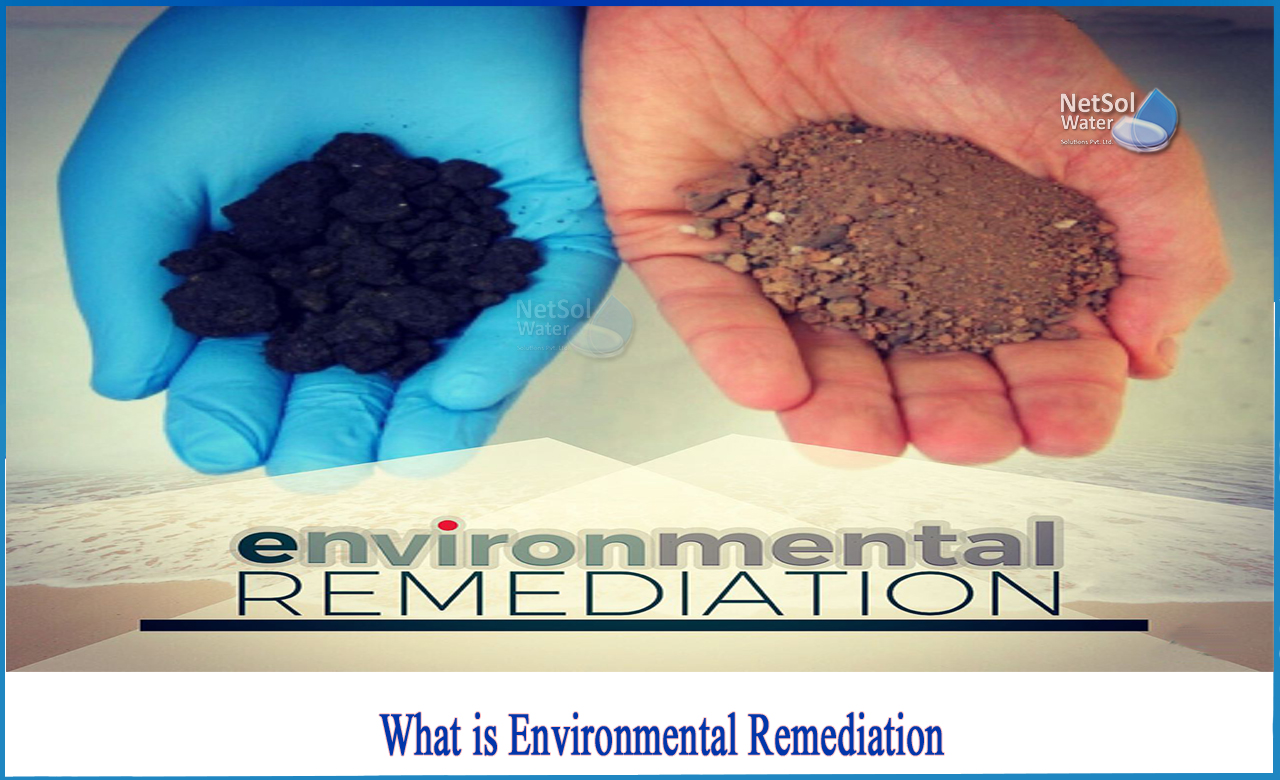What is Environmental Remediation?
Pollution is one of the most existential threats to our world. Beginning with the Industrial Revolution, people began dumping hazardous waste into natural areas, which caused dramatic damage to these places and harmed human and animal health. For example, the use of energy in the United States emitted approximately 5.27 billion tonnes of carbon dioxide in 2018. This is about 15.8 metric tons per person.
Elimination of pollution is essential for the benefit of all. However, the problem is serious and it is not surprising that many are overwhelmed by the challenge of solving it. If you want to know how to get rid of pollution and how to make a difference, this article will explain how environmental clean-up works and how to participate.
Basics of environmental restoration:
The removal of environmental pollutants is known as "environmental remediation". The law requires companies and organizations that have been guilty of pollution to resolve the problem. However, you may not be qualified or confident to carry out these efforts unattended. Therefore, there are environmental remediation specialists who can help coordinate the process. As such, environmental remediation can be a major endeavour, but it is also possible for individuals to make small contributions.
Common types of incidents that need to be repaired:
Examples of pollutants include greenhouse gases, toxic chemicals, particulate matter, oil spills, radioactive contaminants, plastic waste, and other types of debris.These pollutants can be released into soil, air and water (including groundwater) through activities such as mining, drilling, deforestation, chemical treatment, agriculture (using pesticides and fertilizers) and production. Emergency remediation is often required in emergencies that pose an imminent environmental or life-threatening threat, such as oil spills.
What is the remediation process?
The repair process often involves the following steps:
Site Rating: First, an expert examines the site to identify any pollutants present. They map areas and sample materials such as soil and groundwater to assess the degree of pollution and the effort required to remove it.
Determining a clean-up method: Next, an expert will determine the appropriate clean-up method. Environmental remediation technologies include drilling, dredging, oxidation, soil vapor extraction, thermal desorption, pumping and treatment, and nano-repair.
Safety Measure Choices: Environmental rehabilitation experts also assess the safety measures that need to be taken to protect cleaning teams and community members from injury, exposure to toxic chemicals, and unlawful death. As re-zoning may be required during or after the repair operation, experts will contact staff to inform them of what is involved in the repair process and how it will affect their daily lives.
Area Restoration: Environmental remediation specialists then perform the actual clean-up according to local and state regulations.
Further assessment: After the clean-up is complete, experts will re-examine the area to determine if their efforts were successful or if additional clean-up is needed.
Safety Tips for Environmental Cleaning: Pollutants that are harmful to the earth can also be harmful to human health. For example, toxic chemicals can enter drinking water and cause cancer, heart disease, respiratory illness, neuropathy, and other illnesses. Bacterial and parasitic diseases can also spread through contaminated water.
Tolerance:Use of chemical protective equipment Suits, gloves, boots, and masks.
After cleaning, wash yourself and your clothes. Keep away from electrical cables and other hazards. Watch out for wildlife and react appropriately when you encounter them. Keep hydrated and avoid the heat all day long. Be careful when operating heavy machinery.
Environmental remediation is essential. There are many ways to get rid of pollution, from small personal and professional efforts. However, if you choose to contribute, be sure to be safe and provide appropriate training as needed to contribute.
Netsol Water is Greater Noida-based leading water & wastewater treatment plant manufacturer. We are industry's most demanding company based on client review and work quality. We are known as best commercial RO plant manufacturers, industrial RO plant manufacturer, sewage treatment plant manufacturer, Water Softener Plant Manufacturers and effluent treatment plant manufacturers. Apart from this 24x7 customer support is our USP. Call on +91-9650608473, or write us at enquiry@netsolwater.com for any support, inquiry or product-purchase related query.



